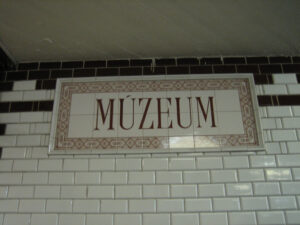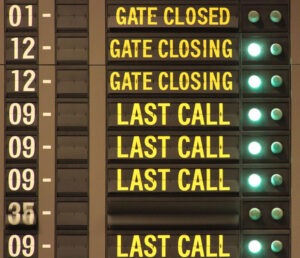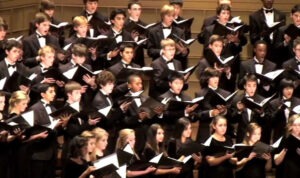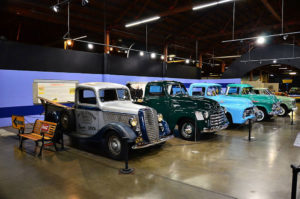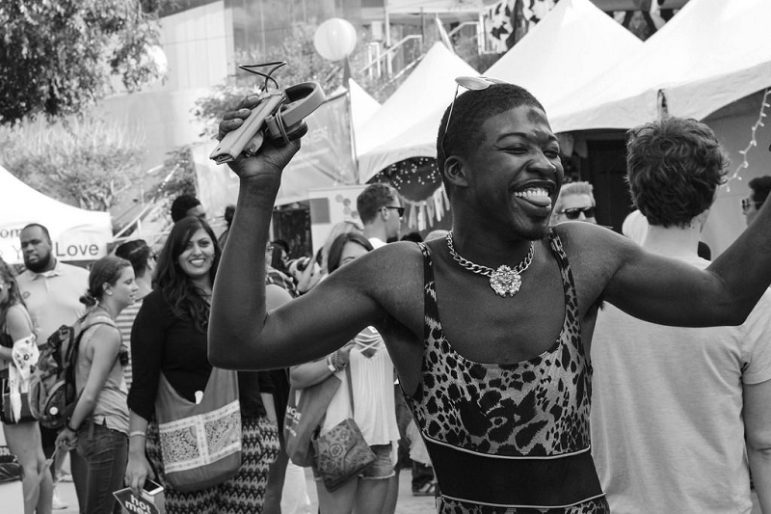
May 20, 2016; Los Angeles Times
Just forty-five years old, Los Angeles’ gay pride event is finding itself in an identity crisis. Now held in West Hollywood, it is not just a parade; it’s a multi-day festival celebrating lesbian, gay, bisexual, and transgender (LGBT) people. But increased ticket prices and recent attempts to “rebrand” more prominently as a music festival to appeal to millennials have resulted in protests and boycotts from portions of its community who don’t like what the event has turned into and what it has left behind as emphases. Protesters are calling the remade event “gay Coachella,” and have organized themselves under the hashtag #NotOurPride.
According to The Pride, organizers Christopher Street West (named for the site of New York’s historic Stonewall Inn) will, for space reasons, eliminate small business booth vendors, limit the number of nonprofit groups that can sponsor outreach booths, reorganize the transgender march and “dyke march” portions of the event, and relocate or eliminate other non-music-related programs the festival normally offers.
Asian Pacific AIDS Intervention Team has spearheaded the protests. “What they have done is a blatant commercialization of Pride and a disregard of Los Angeles’ LGBT community’s history and legacy,” said Peter Cruz, associate director of the group. And, indeed, over the last few weeks, protest meetings and West Hollywood City Council meetings have been packed with people voicing their objections. These include what they see as a diminishing emphasis on the human rights, civil rights and political concerns of the community.
On top of that, sponsors seem to be pulling away. The Stonewall Democratic Club, for instance, will not take a booth at the festival because it feels that keeping Pride “an inclusive LGBT event is paramount to our continued visibility and its activism, and it is unacceptable to sacrifice this…to make it more palatable to sponsors and enhance your bottom line.” The Varsity Gay League, a sports organization, said CSW has alienated community interest groups and small businesses to appeal to corporate sponsors.
Christopher Classen, the president of Christopher Street West, said the group is simply trying to maintain the relevance of the event to younger participants. He says that last year, 80 percent of the festival attendees were younger than 34.
Sign up for our free newsletters
Subscribe to NPQ's newsletters to have our top stories delivered directly to your inbox.
By signing up, you agree to our privacy policy and terms of use, and to receive messages from NPQ and our partners.
“Millennials feel the MOST effective way to connect with them is through live music,” Classen wrote. “These demographics are more inclusive on almost every level than the L.A. PRIDE Festival that I attended in my younger years and that’s completely okay!”
But it may not be okay with everyone. Single-day tickets have been raised from $25 to $30—and that’s after protests erupted when plans to raise them to $35 were revealed. Even with a subsidy program for tickets being provided by the West Hollywood City Council, some are concerned that a part of the community is being priced out and that this may erect barriers to their access to events and services.
More high-profile musical talent and rising insurance and security expenses have led to the increased ticket prices according to CSW’s Classen, who also said that prices had not been raised for a decade before that. He said that Christopher Street West has tried to achieve a “fair balance between corporate sponsorship and ticket prices.”
City councilman and mayor pro-tem John Heilman said that, while he feels sympathy for CSW’s board, “The goal should always be for this festival and parade to be inclusive of everyone in the community. I heard the concern about the rebranding of the event as a music festival…taking what was a celebration of Pride and converting it a commercial music venture.”
Heilman also suggested, “There is a big problem in terms of communication. […] There needs to be a more expansive community group who guides and advises CSW, because right now it sounds like they are making decisions a little bit in isolation.” Former CSW board member Shane Nash, who recently quit in protest, said the board was in turmoil. “There are only about four of us making decisions…the rest of us are in the dark.”
Other concerns being voiced are that the emphasis on younger participants is tantamount to ageism and a lack of attention to transgender participants. It’s not the first year the celebration has been blasted by its community, which in various ways has called it to task on a lack of focus on the LGBT community, but the problems on the board suggest the rift is being allowed to widen for lack of attention to that two-way communication with the larger community.—Ruth McCambridge


